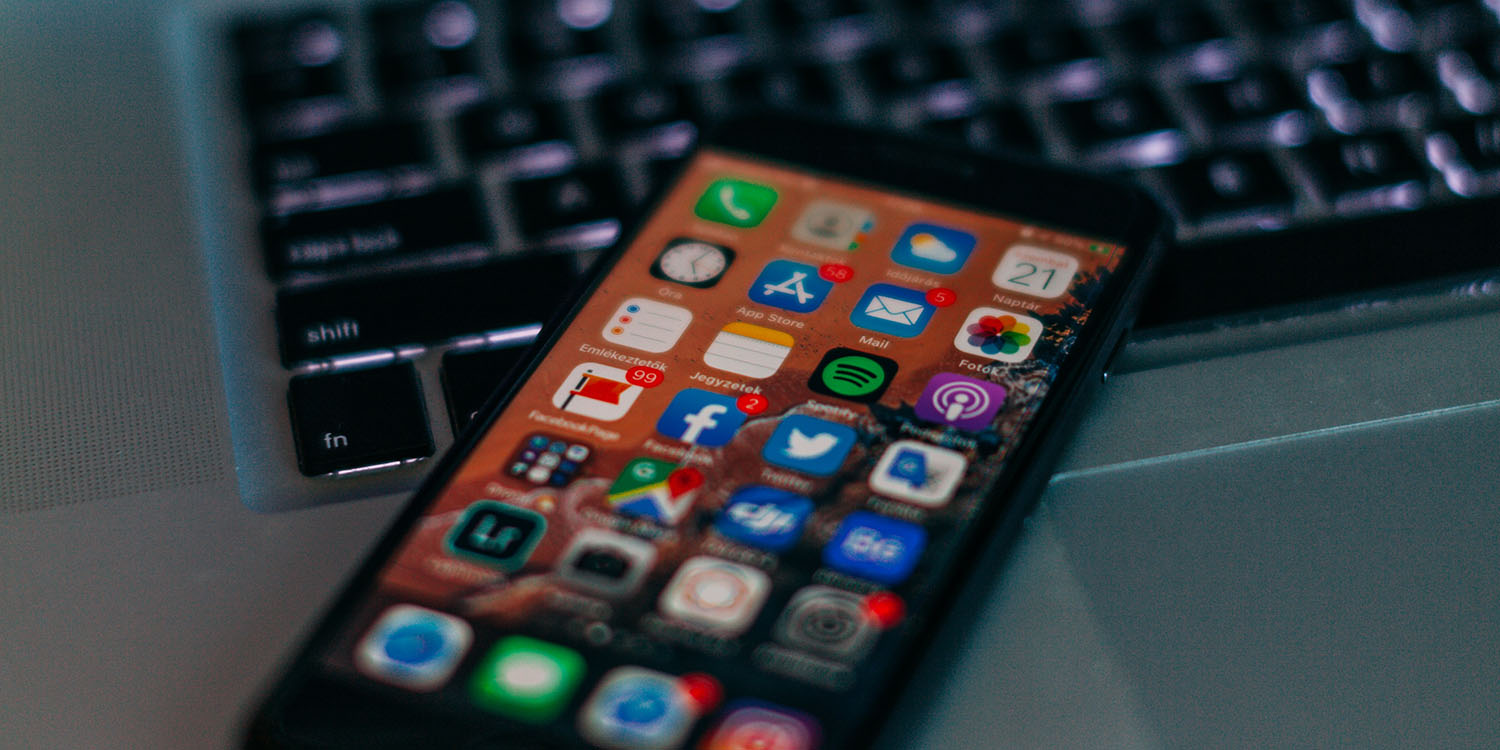
We yesterday learned of a billion-dollar Apple developer lawsuit, in which the iPhone maker was accused of “abusive” commissions on app sales. Apple has now responded to the antitrust claim, emphasizing that the judge in the Epic Games case rejected the argument that it has monopolistic powers.
The US ruling of course sets no precedent in the UK – where the latest case has been filed – but Apple also told us that, far from taking advantage of its position, it has instead only ever lowered commissions or created new exemptions …
Monopolistic, or not monopolistic
As we noted yesterday, whether or not Apple can be considered to have monopolistic powers depends on context.
Apple argues that the correct context is the smartphone or app market as a whole, and it holds a minority share of this market. The developers behind the lawsuit counter that the relevant market is “iOS apps,” and here Apple has a 100% monopoly on their sale and distribution. Edge cases aside, there is currently no way for a developer to bring an iOS app to market without selling it through the App Store.
The iPhone maker repeated to us a further argument it has made in the past: that developers also have the option of creating web apps, which completely bypass the App Store. This is, of course, a rather ironic argument, as the company originally favored the web app route before creating the App Store – specifically because native apps can offer a significantly better experience.
Most developers pay no commission; most others 15%
Apple noted that there are two business models available to developers that involve no commission: ad-funded, and free companion apps to hardware. It says that most developers opt for these, and thus pay no commission.
Additionally, since the launch of the Small Business Program, almost all developers who do pay a commission are charged only 15%.
The commission covers valuable services
Apple also argues that it isn’t just taking a cut for nothing.
It says that the company has invested heavily in developing and maintaining a global store that is trusted by consumers, and provides huge opportunities for developers.
Additionally, says the Cupertino company, it provides developers with value in a whole range of ways, from Xcode, Swift, and training materials, to more than a quarter of a million APIs.
90% of revenue goes to developers
Overall, says Apple, the App Store ecosystem is a huge part of the economy, and developers the main beneficiaries.
That’s a point the company made back in May, when it published a self-funded report on the revenue generated.
According to a study done by economists at the Analysis Group, the App Store ecosystem generated $1.1 trillion in total billings and sales during 2022, an increase of 29% compared to the data from 2022 […] Apple emphasizes that over 90% of billings and sales accrued solely to developers.
We’ll need to wait and see which side prevails when the Competition Appeal Tribunal hears the case. Either way, this Apple developer lawsuit isn’t the first, and is unlikely to be the last.
Photo: Szabo Viktor/Unsplash
FTC: We use income earning auto affiliate links. More.





Comments